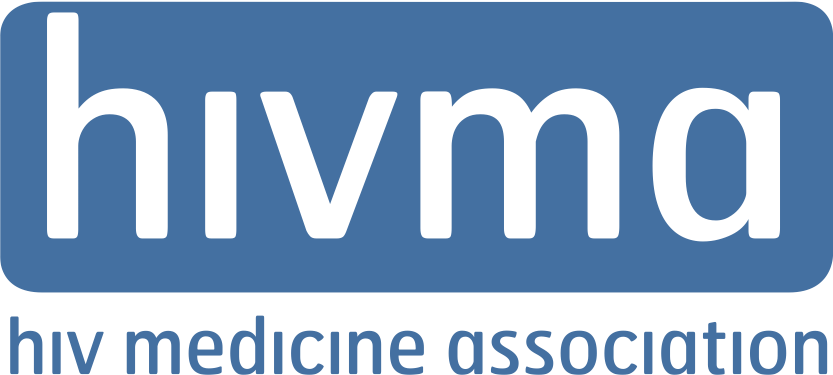
July 29, 2019
HIV Status Has No Place in Border Patrol Policy
Statement from IDSA President Cynthia Sears, MD, FIDSA, HIVMA Chair W. David Hardy, MD, SHEA President Hilary Babcock, MD, MPH, FIDSA, FSHEA, and PIDS President Paul Spearman, MD, FPIDS:
The U.S. Customs and Border Patrol’s policy and practice of allowing immigrant families to be separated because a parent is living with HIV runs counter to more than three decades of science and to existing public health guidelines. As organizations of infectious diseases, pediatric infectious diseases and HIV specialists and care providers and epidemiologists, we call for the immediate end to this violation of human rights that lacks basis in either scientific evidence or current federal immigration policy. We also call for urgent attention to implementing basic protocols for preventing infectious diseases throughout detention centers following reports of overcrowding, inadequate access to food and water and unsanitary toilet access.
In 2010, the U.S. Centers for Disease Control and Prevention removed HIV from the list of communicable diseases of public health significance that bar immigrants from admission to the U.S. This long overdue policy change recognized the well-established science that HIV is not transmitted by casual contact. Since then, multiple studies have proven that stable access to antiretroviral treatment allows people with HIV to live long, healthy lives and is 100% effective at stopping onward transmission.
That the decision to separate immigrant parents with HIV from their children is made “on a case-by-case” basis, according to a CBP spokesperson, adds to implications that this policy is arbitrary and improvised. As physicians and scientists who specialize in infectious diseases and HIV, we cannot identify any justification for denying parental rights based on HIV status. Similarly, we can find no justification for denying the accommodations that must be made to keep parents with HIV and their children together if medical care is needed, as is recommended in CBP guidance for parents with other medical conditions.
Moreover, the standard of care for HIV treatment designated by the US Health and Human Services antiretroviral guidelines is that persons living with HIV should receive immediate and continuous antiretroviral therapy to protect both their own health and prevent transmission to others. CBP must adhere to these federal guidelines, and HHS must monitor this adherence. The reported case of a transgender woman with HIV who died in CBP custody in April without access to appropriate HIV treatment is tragic and further incidents like this must not occur. We ask that HHS work with CBP to monitor and document the number of immigrants with HIV and the timeliness of their access to antiretroviral drugs.
The Trump administration has recognized the potential for following the science and has made a commitment to an “Ending the HIV Epidemic” initiative that aims to reduce new HIV infections by 75% within five years. This goal will not be achieved in an environment that perpetuates misconceptions about HIV transmission and discriminates against people with the virus, threatening their health and that of their families.
The treatment of immigrant families at our borders remains deeply troubling, running counter to basic public health principles of promoting well-being and preventing and treating disease, while posing risks of lasting harm to individuals and communities. Detaining large numbers of people and holding them in poor sanitary conditions with poor access to basic necessities only fuels the spread of infections including diarrheal diseases, measles, chickenpox and tuberculosis among others. In addition to calling for an immediate end to allowing HIV status to be considered in separating parents from their children, we call for an immediate and thorough examination of border protection health policies related to prevention and treatment of infectious diseases to ensure timely access to vaccinations and other preventive measures, and uninterrupted access to treatment for HIV and other communicable diseases.
###

